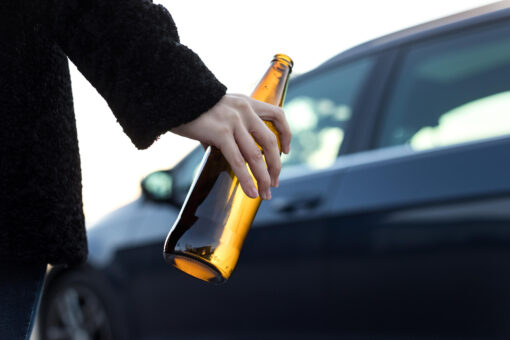Being accused of driving under the influence (DUI) in California often involves the utilization of blood alcohol concentration (BAC) tests. These are critical in assessing whether a driver’s BAC is above the “legal limit,” which stands at .08% for most drivers, with specific exceptions for certain groups.
Below, we explore the types of chemical tests, their legal implications, and what to do if you are arrested on suspicion of DUI. For tailored assistance, contact Chambers Law Firm at 714-760-4088.
Understanding the Legal Limit
The legal BAC limit varies based on factors like:
- Age (lower limit for those under 21)
- Vehicle type (commercial vehicles have different standards)
- DUI probation status
Though conviction can still occur if BAC is under this limit, chemical tests are vital in DUI cases.
Pre-Arrest Breathalyzer Test
An officer may request this test during a roadside stop, but unless you’re under 21 or on DUI probation, it’s not obligatory. However, if arrested on suspicion of DUI, a chemical test is required. Refusal may lead to additional penalties.
Post-Arrest Chemical Tests
These are the three types:
- Breath Tests: Administered with a breathalyzer machine. The police must follow strict protocols to avoid skewed results.
- Blood Tests: Involves drawing and analyzing a blood sample. Time constraints and proper procedures must be maintained.
- Urine Tests: Typically utilized if drugs are suspected. Samples are analyzed in a laboratory.
Despite the appearance of scientific accuracy, false positives can occur. Expert defense attorneys can challenge inaccurate results.
Pros and Cons of Different Tests
Breath Tests
- Convenient but can be affected by recent burping or vomiting.
- A specialized breathalyzer machine like the Intoxilyzer is used.
Blood Tests
- Considered the most accurate option.
- The defendant’s attorney can request a part of the sample for independent testing.
- Procedures must ensure timely drawing and analysis of the sample.
Urine Tests
- Mainly used if drug influence is suspected.
- Less common and does not allow for independent testing by defense.
Why Blood Tests Are Often Recommended
Blood tests stand out as they allow for independent analysis by a defense attorney. This provides an additional layer of scrutiny, which can be instrumental in challenging potentially false positives.
Contact Attorney Chambers If Charged with a DUI
If you find yourself facing a DUI charge, understanding the intricacies of chemical testing can be overwhelming. The seasoned professionals at Chambers Law Firm are well-versed in the complexities of DUI cases and can provide the support and guidance needed to navigate this challenging legal landscape.
Remember, the choice of chemical test and the way it’s administered can greatly impact your case. Thus, having expert legal support is essential. Reach out to Chambers Law Firm at 714-760-4088 to schedule a free initial consultation and let our expertise work for you.





